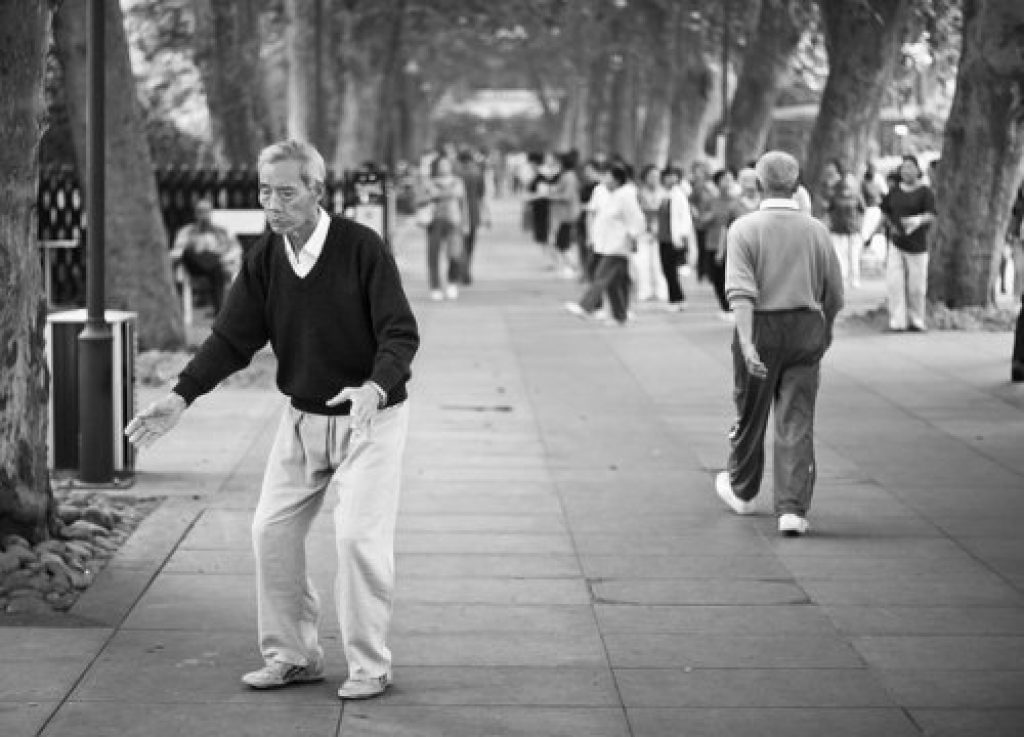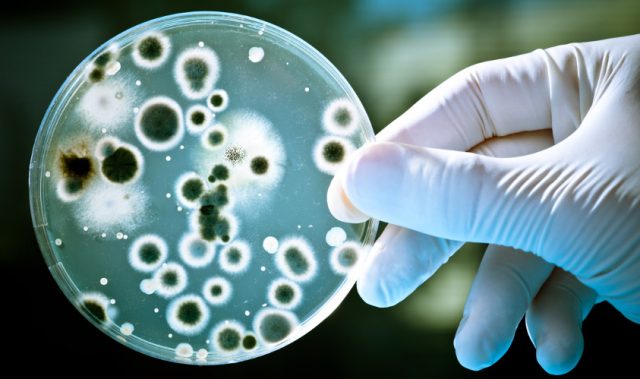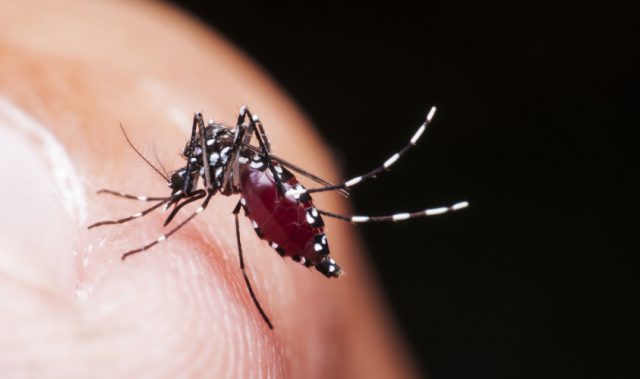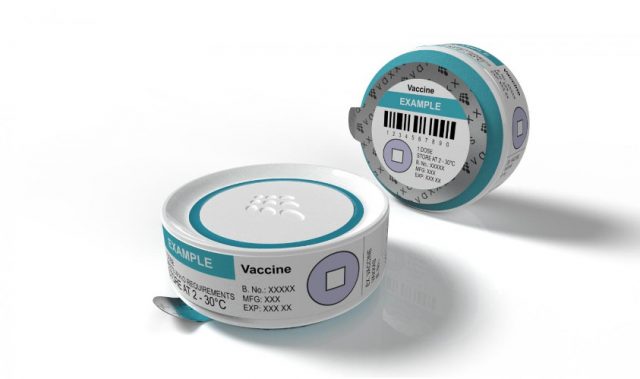
AsianScientist (Sep. 11, 2014) – Caffeine may improve exercise capacity and reduce fatigue in cancer survivors, a study published in the Journal of Medicine and Science in Sports and Exercise has found.
The study is the first of its kind to investigate whether caffeine, the world’s most commonly used stimulant, can help prostate cancer survivors exercise.
Dr. Tina Skinner from the Center for Research on Exercise, Physical Activity and Health at the University of Queensland’s School of Human Movement Studies said that caffeine might be an effective way to encourage exercise in prostate cancer survivors, improving their health.
“Cancer survivors face unique challenges relating to the risk of cancer recurrence and the development of other chronic diseases, as well as experiencing treatment and disease-related physical and psychological side-effects,” she said. “Common side-effects such as fatigue, pain, nausea and other symptoms make it difficult for cancer survivors to exercise at the optimal intensity for health benefits.
“Our study suggests that consuming caffeine one hour prior to exercise improves exercise capacity and muscular strength in prostate cancer survivors.”
A randomized controlled trial was carried out on 30 prostate cancer survivors who consumed either approximately six mg per kg of their body mass of caffeine, or a placebo, one hour prior to completing a battery of exercise tests.
The researchers examined immediate fatigue and perceived exertion pre and post exercise and measured changes in exercise capacity and functional performance.
“We found that caffeine appears to enhance exercise tolerance. Participants reported improved exercise capacity and muscular strength with no subsequent increase in fatigue or perception of exertion,” Dr. Skinner said.
“This is good news for prostate cancer survivors as exercise can help counteract many of the side- effects of prostate cancer treatments such as decreased muscle mass, strength and bone density.”
The next step in the research process involves conducting a dose-response study to provide a recommended optimal dose of caffeine for prostate cancer survivors.
The article can be found at: Cornish et al. (2014) Effect of Caffeine on Exercise Capacity and Function in Prostate Cancer Survivors.
———–
Source: University of Queensland; Photo: Robert S. Donovan/Flickr/CC.
Disclaimer: This article does not necessarily reflect the views of AsianScientist or its staff.












